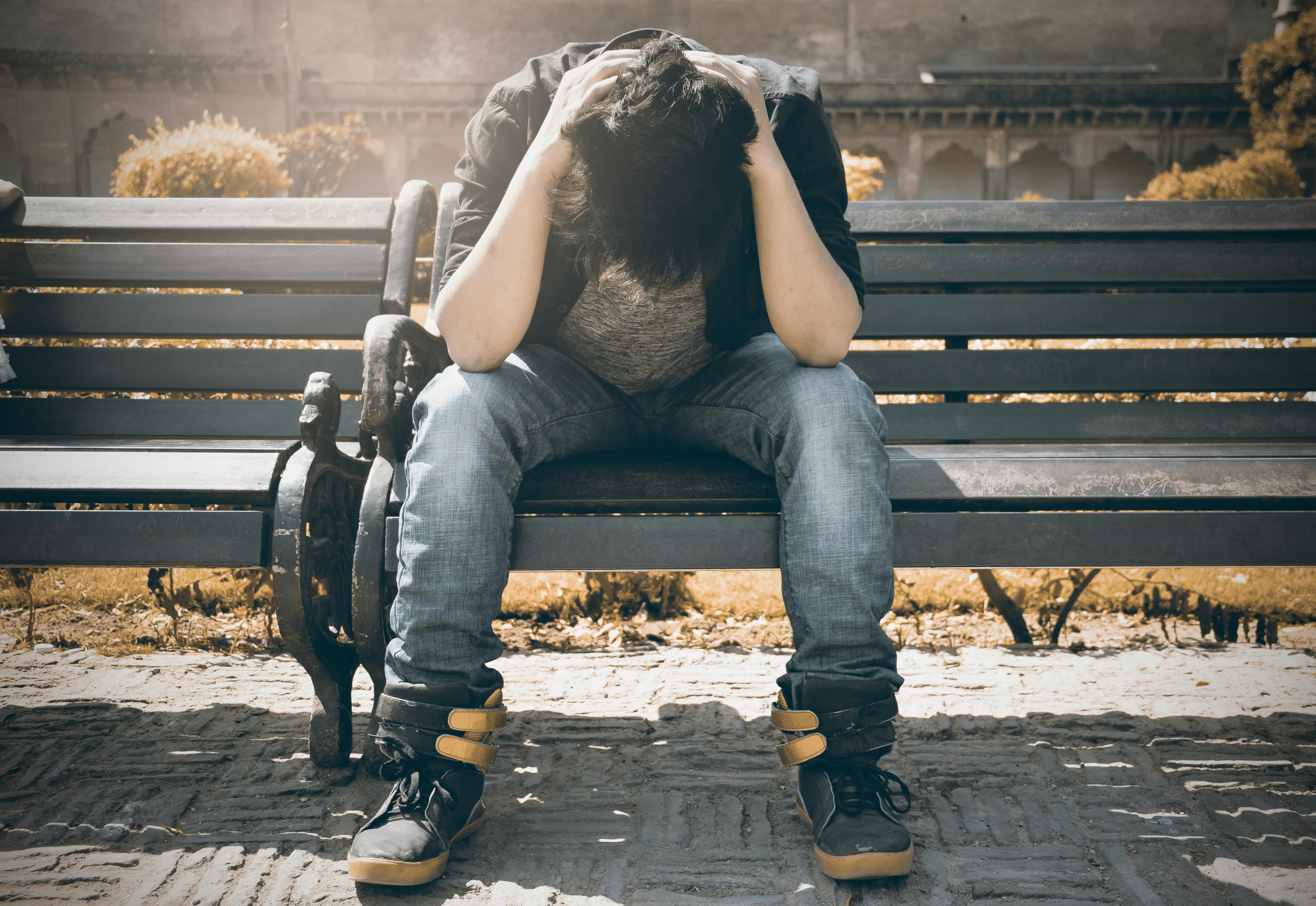What to Know About Depression
Do you feel sad, empty, and hopeless most of the day, nearly every day? Have you lost interest or pleasure in your hobbies or being with friends and family? Are you having trouble sleeping, eating, and functioning? If you have felt this way for at least 2 weeks, you may have depression, a serious but treatable mood disorder. What is depression? Everyone feels sad or low sometimes, but these feelings usually pass with a little time. Depression-also called "clinical depression" or a "depressive disorder"-is a mood disorder that causes distressing symptoms that affect how you feel, think, and handle daily activities, such as sleeping, eating, or working. To be diagnosed with depression, symptoms must be present most of the day, nearly every day for at least 2 weeks. What are the signs and symptoms of depression? Sadness is only one small part of depression and some people with depression may not feel sadness at all. Different people have different symptoms. Some symptoms of depression include:
- Persistent sad, anxious, or "empty" mood
- Feelings of hopelessness or pessimism
- Feelings of guilt, worthlessness, or helplessness
- Loss of interest or pleasure in hobbies or activities
- Decreased energy, fatigue, or being "slowed down"
- Difficulty concentrating, remembering, or making decisions
- Difficulty sleeping, early-morning awakening, or oversleeping
- Appetite and/or weight changes
- Thoughts of death or suicide or suicide attempts
- Restlessness or irritability
- Aches or pains, headaches, cramps, or digestive problems without a clear physical cause and/or that do not ease even with treatment
How is depression treated? The first step in getting the right treatment is to visit a health care provider or mental health professional, such as a psychiatrist or psychologist. Your health care provider can do an exam, interview, and lab tests to rule out other health conditions that may have the same symptoms as depression. Once diagnosed, depression can be treated with medications, psychotherapy, or a combination of the two. If these treatments do not reduce symptoms, brain stimulation therapy may be another treatment option to explore. Read more at: https://www.nimh.nih.gov/health/publications/depression/index.shtml






